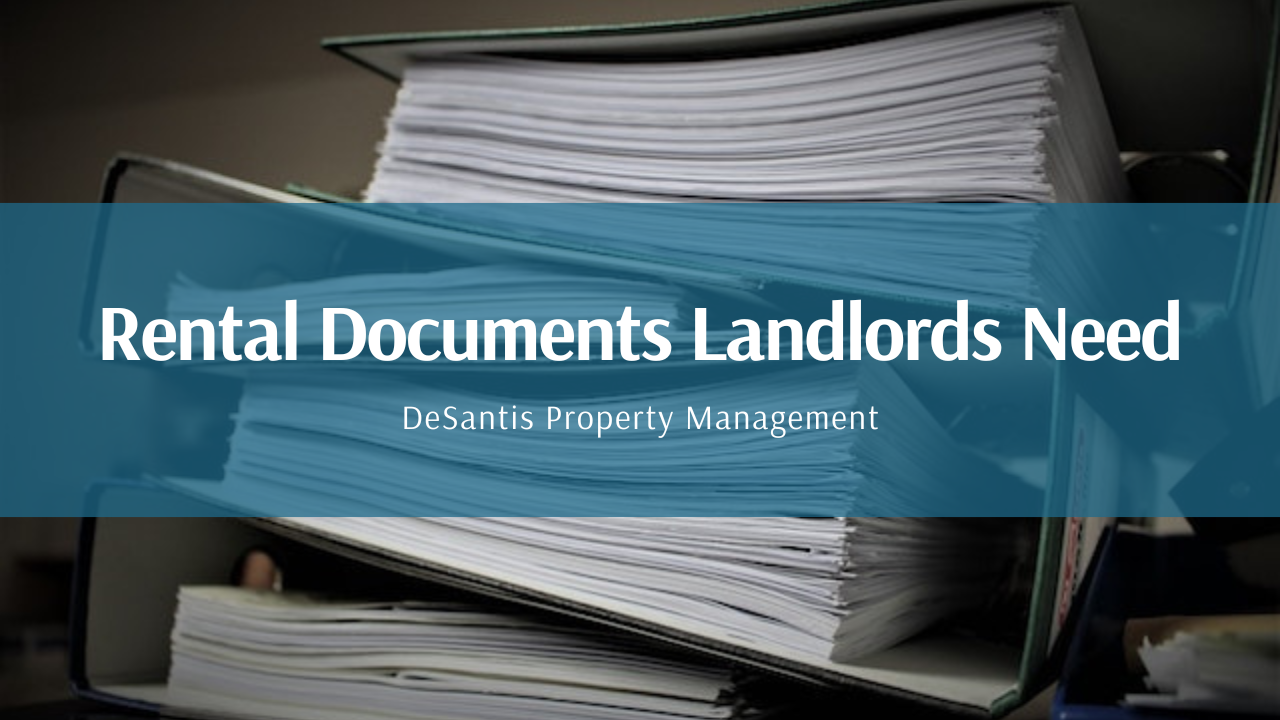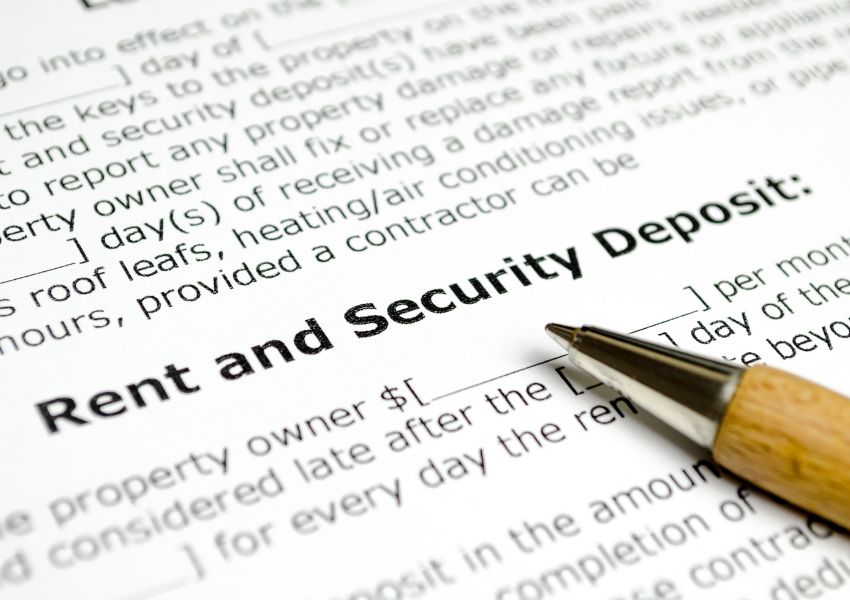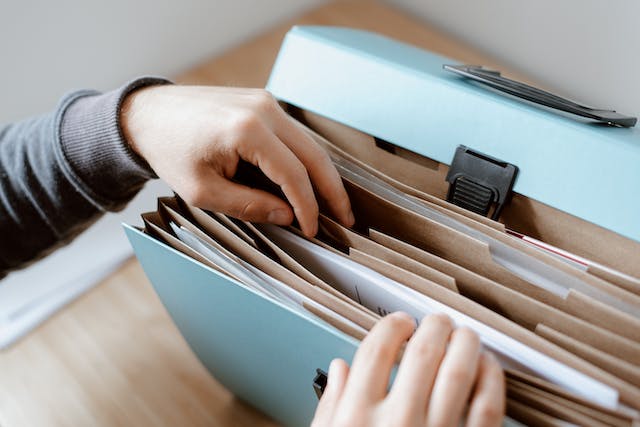 When renting out property, landlords need to be meticulous about the documents they manage. This ensures a smooth operation and helps protect the rights of both the landlord and the tenant.
Here are the essential rental documents landlords should have in their possession.
When renting out property, landlords need to be meticulous about the documents they manage. This ensures a smooth operation and helps protect the rights of both the landlord and the tenant.
Here are the essential rental documents landlords should have in their possession.
- Rental Application: Before a lease agreement is signed, a rental application is necessary. This document collects comprehensive information about the potential tenant, including their employment history, income, previous landlords, and references. This application serves as a preliminary screening tool to assess the suitability of the applicant.
- Lease or Rental Agreement: The lease agreement is vital in landlord-tenant relations, detailing rental terms like duration, rent, deposit, and rules. It's a legal contract ensuring clarity on obligations to avoid disputes.
- Privacy Notice: Depending on jurisdiction, landlords may be required to provide a privacy notice to tenants, outlining how their personal information will be used and protected. This document is crucial for compliance with privacy laws and regulations.
- Property Rules and Regulations: The rules and regulations document, distinct from the lease, details property policies like pet rules and noise levels. Clear communication ensures tenant understanding and maintains property order and responsibility adherence.
- Maintenance and Repair Policies: It's essential to provide tenants with a document that explains the procedure for requesting repairs or maintenance. This document should clarify what types of maintenance issues the landlord will cover and what falls under the tenant's responsibility. It should also outline the process for emergency repairs.

- Move-In Checklist: A move-in checklist records property condition at tenancy start. Landlord and tenant inspect together, noting damage. Crucial for landlord protection and tenant accountability.
- Emergency Contact Information: Landlords should provide tenants with a list of emergency contact numbers, including the landlord's contact information, local emergency services, and utility companies. This ensures that tenants know whom to contact in case of an emergency.
- Rent Receipts: Every time a tenant makes a rent payment, the landlord should provide a rent receipt. This receipt is a critical record that proves the tenant has paid their rent. It should include the date, amount paid, and a brief description of the payment period.
- Late Rent Notices: In the event that a tenant fails to pay rent on time, landlords should have a template for a late rent notice. This document formally notifies the tenant of their overdue rent and any late fees incurred as per the lease agreement.
- Eviction Notices: While no landlord wants to consider eviction, it's essential to be prepared. There are various forms of eviction notices, and the correct one depends on the reason for eviction. Each jurisdiction has specific laws governing the eviction process, so landlords must ensure their notices comply with local regulations.
- Security Deposit Return Letter: At the end of a tenancy, landlords must return the tenant's security deposit, minus any deductions for damages beyond normal wear and tear. A security deposit return letter itemizes any deductions and includes the remainder of the deposit being returned to the tenant.

- Lease Renewal Agreement: If a tenant wishes to extend their stay beyond the original lease term, a lease renewal agreement is necessary. This document can outline any changes to the terms of the lease, such as rent adjustments or updates to policies.
Why Landlords Should Safeguard Rental Documents
Safekeeping rental documents is a critical aspect of property management that should not be overlooked by landlords. This practice not only ensures compliance with legal requirements but also provides several other benefits that can significantly impact the landlord-tenant relationship and the management of the property. Here are some key reasons why landlords should meticulously safekeep all rental documents:1. Legal Protection
The most vital reason to keep rental documents is for legal protection. In the event of a dispute with a tenant, these documents serve as the foundation of the landlord's defense. The lease agreement, move-in checklist, property rules, and any notices served during the tenancy can be crucial in resolving conflicts, whether in mediation or court.2. Financial Record-Keeping
Rental documents, especially rent receipts and records of security deposits, are essential for financial record-keeping. These documents help landlords track income and expenses, which is not only important for personal financial management but also for tax purposes. Detailed financial records can support deductions and credits claimed on tax returns, potentially saving landlords a significant amount of money.
Detailed financial records can support deductions and credits claimed on tax returns, potentially saving landlords a significant amount of money.
3. Property Maintenance
Documents related to property maintenance and repairs provide a historical record of the property's condition and the maintenance work carried out during different tenancies. This information can be invaluable for planning future maintenance, identifying recurring issues, and making informed decisions about property upgrades and renovations.4. Tenant Accountability
A clear record of all communications, notices, and agreements with tenants holds them accountable for their actions and responsibilities as outlined in the lease. For instance, the move-in checklist can prevent disputes over damages by providing a baseline comparison for the property's condition at move-out. Similarly, documented rules and regulations ensure that tenants are aware of their obligations, reducing the likelihood of violations.5. Compliance with Data Protection Regulations
In many jurisdictions, landlords are required to protect the personal information of their tenants. Properly storing rental applications, lease agreements, and any other documents containing personal information ensures compliance with these regulations and protects tenants' privacy.6. Efficiency and Professionalism
Organized and accessible rental documents contribute to the efficiency of property management operations. This organization can significantly reduce the time spent searching for specific documents in response to inquiries or issues. A professional approach to document management can enhance the landlord's reputation among current and prospective tenants, potentially making the property more attractive to high-quality renters.
A professional approach to document management can enhance the landlord's reputation among current and prospective tenants, potentially making the property more attractive to high-quality renters.

